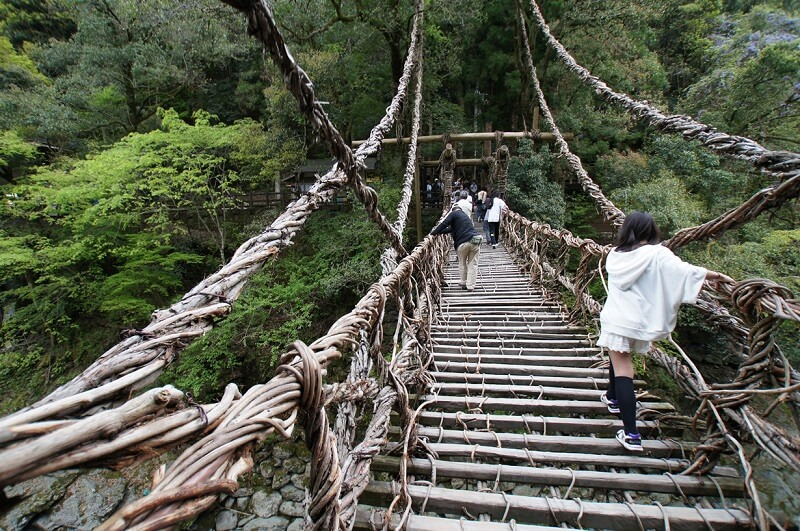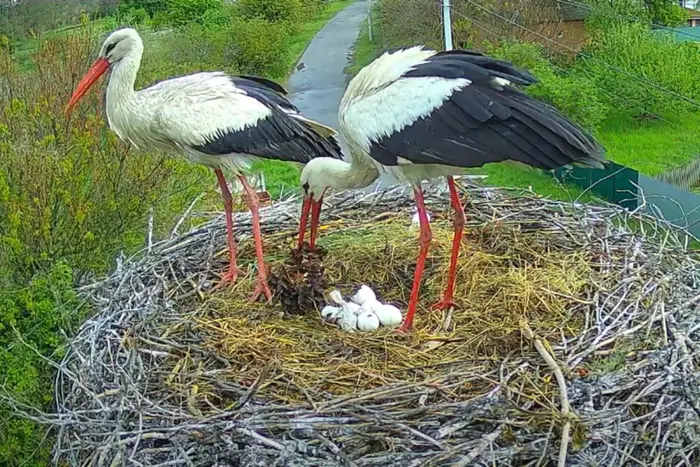What is Ecotourism and Why is it Popular in the World.


Tourism has long ceased to be something inaccessible. Every year new directions in tourism appear, and even the times of COVID-19 couldn't change this.
There is such a concept as ecotourism. Understanding what it is and why such tours are needed will be useful to everyone who loves to travel. In this case, ecotourism can be a good chance to see and better understand the world.
Ecotourism in the World: What is it?
Let's start with the fact that ecotourism or ecological tourism is a form of tourism focused on visiting natural objects with minimal impact on the environment. That is, in this case, countries, or rather their choice, are not the main priority. Yet, there are many such places in the world where an eco-trip would be ideal.
The main principles of ecotourism include respect for nature, support for local communities, and the conservation of biodiversity. This concept has gained popularity as an alternative to mass tourism, which often leads to negative consequences for ecosystems.
That is, tourists who love the "eco" direction prioritize natural attractions and their significance. Man-made sites concern them the least. Therefore, such tourists do not visit large cities. However, there are many exceptions within the concept of ecotourism.
Let's return to the main aspects of ecotourism:
-
Conservation of nature. Minimal impact: eco-tourists strive not to disturb natural ecosystems, limit the use of high-emission transportation, and choose eco-friendly means of travel such as hiking, bicycles, or electric transport.
-
Protection of natural resources. Ecotourism aims to conserve natural resources and protect rare species of plants and animals. Tourists do not interfere with natural processes and avoid actions that could harm the environment.
-
Support for local communities. Economic development: ecotourism contributes to the development of local communities by creating jobs and sources of income. This helps preserve the traditional way of life and culture of local residents.
-
Local artisans and producers get the opportunity to sell their goods to tourists without intermediaries. This raises the living standards of local residents and stimulates the preservation of cultural heritage.
-
Education and enlightenment. Eco-tourists often receive information about natural objects and their importance to the ecosystem. This helps raise awareness about the need to protect the environment and the importance of sustainable development.
Ecotourism often includes excursions with professional guides who explain the uniqueness of the local flora and fauna, as well as the importance of biodiversity conservation.
Thus, this type of tourism has its special features, unique tours, and opportunities to look at travel differently.
Examples of Ecotourism
The concept of ecotourism is quite simple: tourists should respect the culture and customs of local communities, not disturb traditions, and not create discomfort for local residents. Eco-tourists also aim to minimize waste, use renewable resources, and support local eco-friendly products.
It is necessary to say a few words to exemplify ecotourism:
-
National parks and reserves. Ecotourism often develops in national parks and nature reserves, where tourists can observe wildlife and participate in programs aimed at conserving ecosystems.
-
Agrotourism. This is a form of ecotourism associated with visiting rural regions where tourists can participate in agricultural work, get acquainted with the traditional way of life, and sample local products.
Tourists can participate in diving or snorkeling, observing marine flora and fauna, visiting coral reefs and coastal ecosystems with minimal impact on them.
Read also
- What to see in Bukovel: winter, summer and autumn
- What to see in Iceland: in winter, in summer, on a tour
- What is p2p and pay2pay transfer
- Best Adult Films: TOP 5 Films










